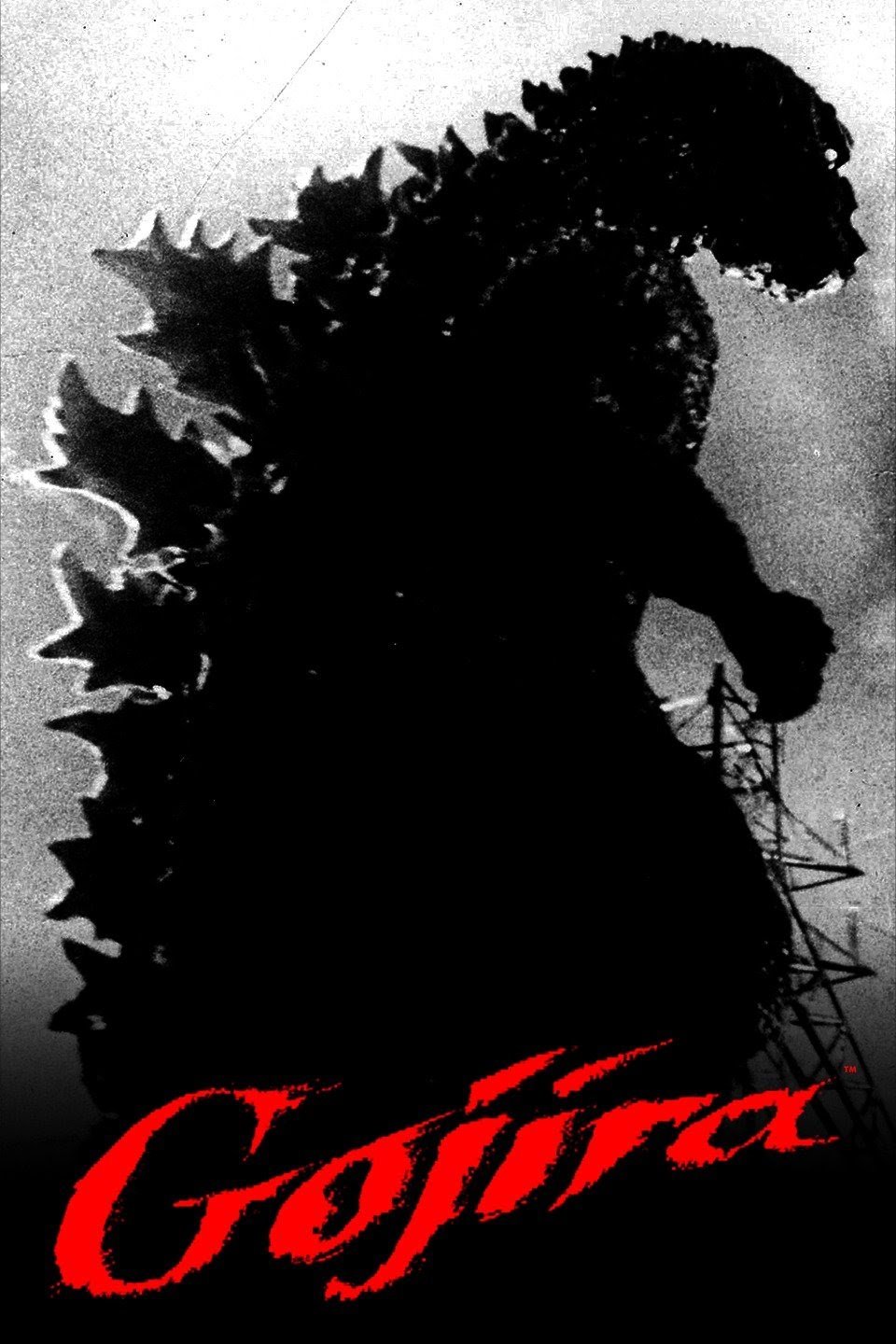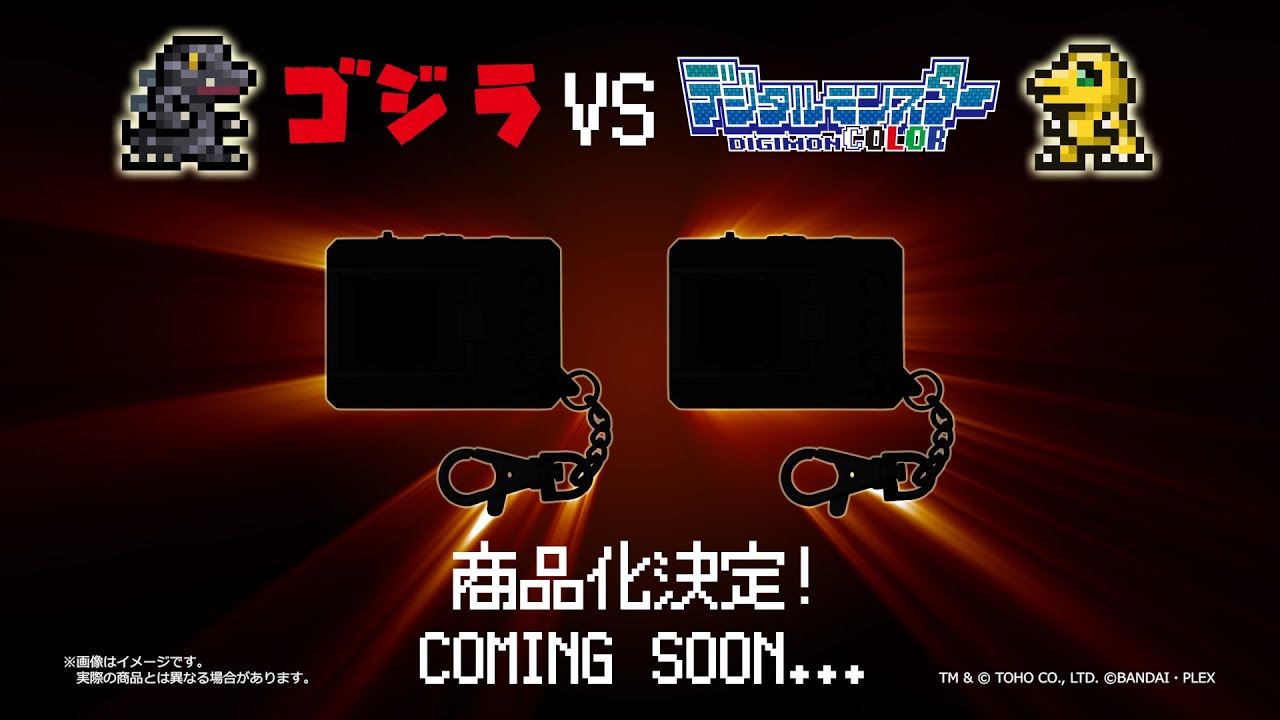Formerly [email protected]
- 1 Post
- 40 Comments

 3·20 days ago
3·20 days agoGunpla gives me great joy, until I look at my bank account.

 6·23 days ago
6·23 days agoAssuming you mean legally, the best options are Paramount+ (or whichever service it’s on outside the US) or on Blu-ray. None of the television series are available in 4K to my knowledge, but the movies are.

 4·1 month ago
4·1 month agoDesktop or mobile?
I’ve recently started using Floorp and I like it a lot. It’s a Firefox fork with more customization options and improved privacy (though not to the level of Librewolf). I don’t remember if it has the button you want to remove since I’ve never used that feature or cared about it.

 15·1 month ago
15·1 month agoI spent my ninth birthday at a funeral home because my grandfather died two days earlier.

 27·2 months ago
27·2 months agoLooks like it’s infodump time.
Sega released the Genesis/Mega Drive in 1988, then to extend its capabilities they released the Sega CD/Mega CD addon in 1991, which was followed by a second addon, the 32X, in 1994. There were even some games that required both add-ons, resulting in a high initial investment from consumers. The base Genesis/Mega Drive was massively successful outside of Japan and the Sega CD/Mega CD did reasonably well, but the 32X flopped. This was due to a lack of interest, partially because they also released the Genesis’/Mega Drive’s successor, the Sega Saturn, in 1994 (the 32X actually released after the Saturn in Japan).
In the fourth-generation console war Sega only had to deal with Nintendo as their main competitor. For the fifth-generation there was a second front. PlayStation came out in 1994 in Japan and was a success from launch. Sega was terrified. Both the Saturn and PlayStation would debut internationally in September 1995 and Sega knew they had to do something decisive to get ahead. E3 1995 would make or break Saturn in America and Sega had a plan to beat Sony. At their presentation Sega declared that Saturn would be available immediately, four months ahead of the previous release date, at select retailers at a price of $399. This gamble backfired massively on Sega. The retailers that weren’t part of the early release were pissed and some even boycotted Sega over this. The second blow came from Sony. At the PlayStation presentation they had one of their presenter walk on stage, say “299” and leave. This number was PlayStation’s price.
By the time Dreamcast came out in 1998 Sega had tanked their reputation with consumers and retailers and they never stood a chance against the PlayStation 2. Additionally, the PS2 had almost complete backwards compatibility with its predecessor and it played DVDs. It had better specs than the Dreamcast, but not GameCube and Xbox. It is also worth noting that the PS2 was so successful that it actually outsold all three of it’s competitors combined.

 3·2 months ago
3·2 months agoNo, but Victor Ireland now runs Gaijinworks. However, it looks like neither are involved based on the credits on the PlayStation Store page for the game.

 6·2 months ago
6·2 months agoWouldn’t these not work on an unmodified PlayStation without an exploit? The system has copy protection that’s specifically meant to prevent bootlegs from running. Did they figure something out to bypass that like on the Dreamcast that I don’t know about?

 121·2 months ago
121·2 months agoI have to stay away from first-person games because they make me super nauseous.

 4·2 months ago
4·2 months agoAt best these fake emulators are just wasting your time (probably for ad revenue) and at worst they’re trying to steal your bank account.

 3·2 months ago
3·2 months agoI don’t remember exactly what lead up to it, but I ended up watching reruns of Voyager with my dad every day back when Spike TV was still a thing. I think that really improved my relationship with him.
My most used weapon is the .52 Gal Deco in each game since the first. Other weapons I use often are the N-ZAP series and occasionally the Undercover Brella.
 2·3 months ago
2·3 months agoI could only find the recovery media in German, but you can get the drivers manually from here.

 2·3 months ago
2·3 months agoThank you for the correction. I try to be as accurate as possible when providing information, but I misremembered the specs.

 12·3 months ago
12·3 months agoI have a Thinkpad T480 and I’m very happy with it. I paid about $250 (~£190) for mine. It came with 16 GB RAM, but is upgradable to 32 GB. The one I bought came with a 128 GB SSD, but I swapped it out for a 1 TB drive which added another $100 (~£76) to my initial investment. This model originally came with Windows 10 and most on the market will come with it, but can be updated to 11 if desired.
I personally have not used Win11 since they made some changes I don’t like, so I can’t really give you advice on that aspect.

 2·3 months ago
2·3 months agoI never had a CTL-480 (I had a CTH-460) but I think my sister might have had it (or a very similar looking one). Based on a quick search it’s a small model, but other than that I think it fits your needs.
While I was looking I also found this Google Docs spreadsheet that has a bunch of recommended tablets.

 3·3 months ago
3·3 months agoI’ve somewhat recently learned that a surprising number of conservatives are anti-IVF. The main reason being that they have issues with fertilized embryos being frozen or destroyed since they think an embryo is equal to an actual fully formed human.

 3·3 months ago
3·3 months agoGetting yourself an entry-level Wacom tablet will probably fit your needs best. You really don’t need the features that the professional models offer since you’re just using it for osu. With Wacom it should just work on Linux without the need for additional configuration (though you may want to configure the buttons and that can be handled graphically on GNOME and KDE). I mainly asked about OS for compatibility reasons.
For a current model I’d say go with an Intuos. If you’re open to something older then take a look at a used Bamboo. Both series come in a larger medium size which is usually around 8x6 inches (the one I linked is a medium).
A thing to note when you’re looking is that Intuos used to be the name of the professional models and Bamboo was entry-level. Now Intuos is the entry-level, Intuos Pro is professional, and Bamboo are capacitive styli.

 3·3 months ago
3·3 months agoIn general I’d stick to better known brands like Wacom, Huion, or XP-PEN. They’re are all reliable choices that you can’t really go wrong with.
Some more information would be helpful for a more specific recommendation. Are there any aspects of your current tablet that you’re unsatisfied with? Are you going to be doing any drawing or just playing osu? Additionally, what operating system are you on?




Have some context.